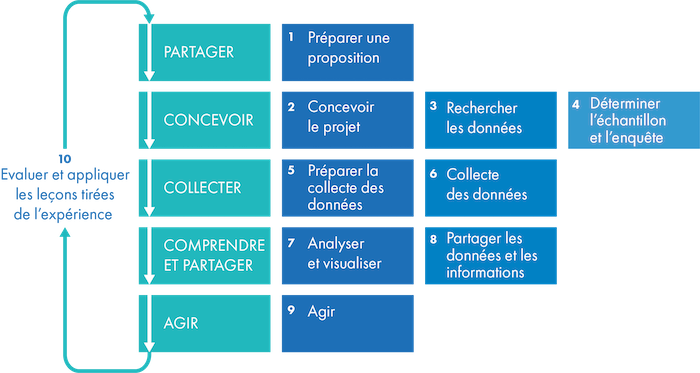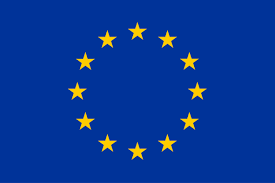Difference between revisions of "Manuel sur la collecte de données"
From Akvopedia
(→How the Handbook is organised) |
(→Comment le manuel est organisé) |
||
| Line 65: | Line 65: | ||
===Comment le manuel est organisé=== | ===Comment le manuel est organisé=== | ||
| − | [[Image: | + | [[Image:Handbook_fig1_FR.png|none|600px]] |
===Acknowledgements=== | ===Acknowledgements=== | ||
Revision as of 04:14, 2 December 2018
| |
Comment le manuel est organisé
Acknowledgements
AfriAlliance
| The Africa-EU Innovation Alliance for Water and Climate (AfriAlliance), is a 5-year project funded by the European Union’s H2020 Research and Innovation Programme. It aims to improve African preparedness for climate change challenges by stimulating knowledge sharing and collaboration between African and European stakeholders. Rather than creating new networks, the 16 EU and African partners in this project will consolidate existing ones, consisting of scientists, decision makers, practitioners, citizens and other key stakeholders, into an effective, problem-focused knowledge sharing mechanism. |
| AfriAlliance is lead by the IHE Delft Institute for Water Education (Project Director: Dr. Uta Wehn) and runs from 2016 to 2021. The project has received funding from the European Union’s Horizon 2020 research and innovation programme under grant agreement No 689162. |
Akvo
| This handbook was written by Akvo in collaboration with the partners in the AfriAlliance consortium. Akvo works with governments and non-governmental organisations that strive for equal access to public services, reliable infrastructure and a safer environment. Good data is critical for effective decision making, collaboration, and accountability. Akvo provides partners with the data platform to help them capture, clean, visualise and share data. That data platform is supported by a series of services to build local expertise and ensure success from data to decision. With five regional hubs in five continents, Akvo has supported over 20 governments and 200 organisations in more than 70 countries. |
License
| The content of this handbook may be re-used under the Creative Commons 3.0 Attribution 3.0 Unported (CC BY 3.0) license. |


